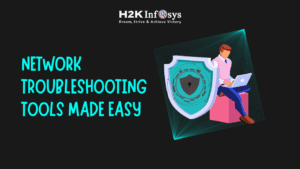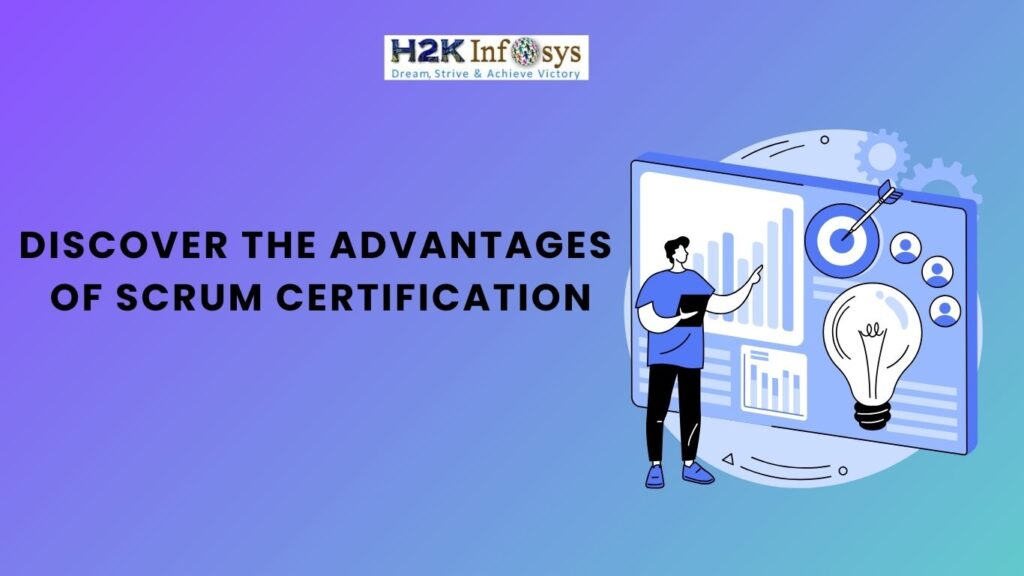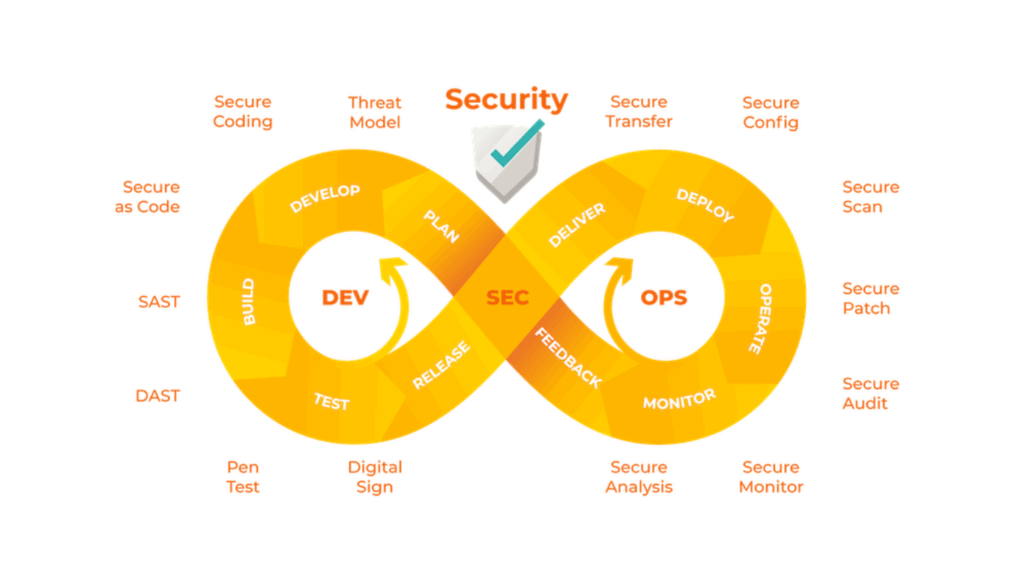Introduction: Why Automation Matters in the Modern Business World
Today’s businesses demand speed, accuracy, and personalization at scale. To meet these expectations, organizations need intelligent systems that reduce manual tasks and streamline workflows. This is where Cloud CRM helps by revolutionizing business processes with automation, smart data insights, and seamless integration across departments.
From tracking leads to managing customer interactions, a robust Cloud CRM like Salesforce ensures data is available, processes are faster, and decisions are smarter. With a surge in demand for professionals with Salesforce admin certification, understanding how Cloud CRM helps is more relevant than ever.
What Is Cloud CRM and Why Is It Important?

Cloud CRM (Customer Relationship Management) is a software solution hosted on the cloud that centralizes customer data, tracks interactions, and automates business processes across marketing, sales, service, and beyond. Unlike traditional systems, Cloud CRM helps ensure access anytime, anywhere a critical feature in today’s remote and hybrid work environments.
Key Benefits of Cloud CRM:
- Access customer data in real-time
- Automate workflows and approvals
- Improve team collaboration
- Integrate with third-party apps
- Enhance data security and compliance
In short, Cloud CRM helps businesses stay agile, competitive, and customer-focused.
How Cloud CRM Helps Automate Key Business Processes
1. Sales Process Automation
Cloud CRM helps automate repetitive sales tasks such as:
- Lead assignment
- Opportunity tracking
- Follow-up email notifications
- Sales pipeline updates
With Salesforce, automation tools like Process Builder and Flow enable you to create logic-based actions triggered by user behavior or field changes. For example, when a lead reaches a certain score, the system automatically assigns it to a sales rep.
2. Marketing Automation
Marketing teams benefit as Cloud CRM helps by:
- Managing email campaigns
- Segmenting audiences
- Triggering follow-ups based on engagement
Salesforce Marketing Cloud, for instance, connects customer data with marketing journeys, automating personalized experiences.
3. Customer Support Automation
Support teams use Cloud CRM to:
- Automatically assign cases based on priority
- Trigger SLA escalation notifications
- Create knowledge base articles from resolved tickets
Salesforce Service Cloud empowers agents with AI-driven suggestions, enabling faster case resolution.
4. HR and Onboarding Automation
Beyond sales and service, Cloud CRM helps HR departments:
- Automate new hire onboarding
- Schedule training sessions
- Manage employee queries and records
Custom Salesforce apps can be built for internal workflows, reducing manual coordination and paperwork.
5. Finance and Billing Automation
Cloud CRM integrates with ERP systems to:
- Auto-generate invoices
- Trigger payment reminders
- Update payment status
This seamless integration ensures financial accuracy and timely communication with clients.
Salesforce Admin Tools That Make Automation Easy
Anyone undergoing salesforce admin training should master these tools that demonstrate how Cloud CRM helps in automation:
Workflow Rules
Set predefined triggers and responses for updates and notifications.
Process Builder
Design automated flows that handle multi-step processes.
Flow Builder
Create custom logic with drag-and-drop components to automate even the most complex scenarios.
Approval Processes
Automate request routing for expense reports, project plans, and discounts.
Reports & Dashboards
Automate real-time performance tracking and share it across departments.
Real-World Example: Cloud CRM Helps a Retail Company Scale Faster
Case Study: A U.S.-based retail chain
Problem: The company struggled with lead tracking, slow quote generation, and inconsistent customer communication.
Solution: They implemented Salesforce CRM. Cloud CRM helps them by:
- Automating lead distribution based on geography
- Triggering instant quote generation using product catalog rules
- Sending auto-reminders to sales reps for follow-ups
Result:
- Sales cycle reduced by 30%
- Customer satisfaction increased by 40%
- Productivity increased by 25%
How Cloud CRM Helps Small Businesses
For small businesses with limited resources, Cloud CRM helps by reducing the need for large IT teams or infrastructure. With pre-built automation templates and intuitive dashboards, even non-technical staff can manage tasks like:
- Contact management
- Order processing
- Customer segmentation
- Feedback collection
Cloud-based Salesforce editions scale easily, making them ideal for startups and SMBs looking to grow efficiently.
How Cloud CRM Supports Remote and Distributed Teams
Remote work has redefined business norms. Cloud CRM helps distributed teams by:
- Ensuring consistent data access across geographies
- Providing mobile-ready interfaces for field staff
- Integrating with collaboration tools like Slack and Zoom
With Salesforce, team members can log customer interactions in real-time, assign follow-up actions, and close cases without delay.
How to Learn Salesforce and Master Automation
To fully understand how Cloud CRM helps, professionals must build a foundation with the right training. This is where Salesforce training and salesforce admin certification become crucial.
Topics Covered in Salesforce Training:
- Introduction to CRM and Salesforce architecture
- Data management and security
- Automation tools: Workflow, Flow, Process Builder
- App customization and reporting
- Integration basics
Who Should Enroll?
- IT professionals
- Business analysts
- Sales and marketing professionals
- Career switchers looking for roles in CRM systems
H2KInfosys offers training for Salesforce that combines theory, practical exercises, and live projects to build job-ready skills.
Top Features of Cloud CRM That Enhance Automation
AI Integration (Einstein AI)
Cloud CRM helps predict outcomes and recommend next actions based on data.
AppExchange
Extend Salesforce functionality with pre-built apps for HR, Finance, and more.
API Access
Integrate Salesforce with other enterprise systems like SAP, Oracle, or Mailchimp.
Mobile CRM
Access CRM functionality on the go, allowing real-time updates.
Custom Objects and Fields
Tailor the system to match specific business processes.
Long-Tail Keywords to Target Niche Audiences
Use variations like:
- “how Cloud CRM helps automate HR processes”
- “Cloud CRM helps in customer support automation”
- “best training for Salesforce automation tools”
- “learn salesforce system administrator certification online”
- “Cloud CRM helps businesses reduce manual work”
These help draw readers who are searching with specific needs and increase the chances of high-ranking SEO.
The Growing Demand for Salesforce System Admins
The global CRM market is projected to grow from $71.06 billion in 2023 to $157.53 billion by 2030 (Fortune Business Insights). As more companies adopt Salesforce, the demand for certified professionals continues to rise.
Pursuing a salesforce system administrator certification not only validates your skills but also boosts your earning potential and job prospects.
Summary: Why Cloud CRM Helps Is a Must-Know Concept
Let’s recap how Cloud CRM helps drive automation:
- Speeds up lead-to-cash process
- Reduces human error through auto-assigned tasks
- Improves decision-making with real-time insights
- Empowers non-tech users to manage automation
Cloud CRM helps companies, large and small, simplify operations, engage customers, and scale with confidence.
Conclusion
Cloud CRM helps transform how businesses operate from sales to service to HR and finance. If you’re aiming for a rewarding tech career, now is the time to learn how to automate with Salesforce.
Ready to launch your career? Enroll in H2KInfosys’ Salesforce training and become a certified Salesforce Admin today.





























3 Responses